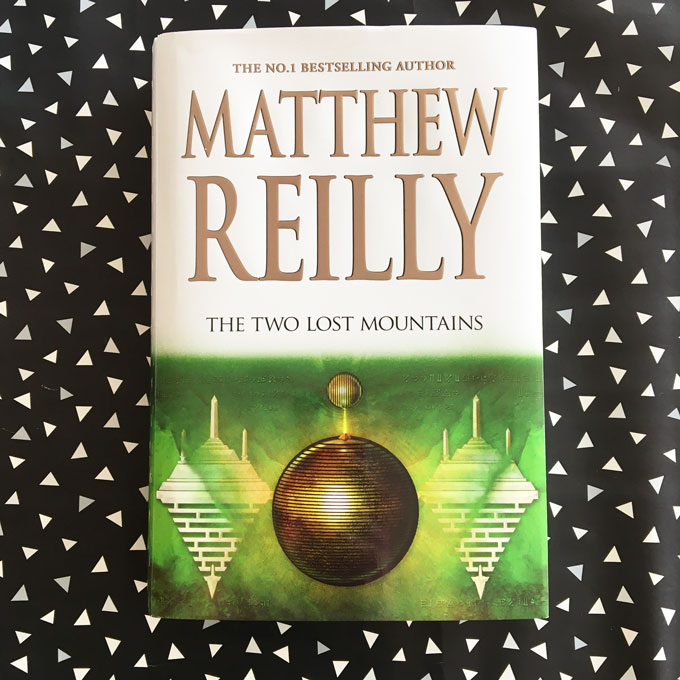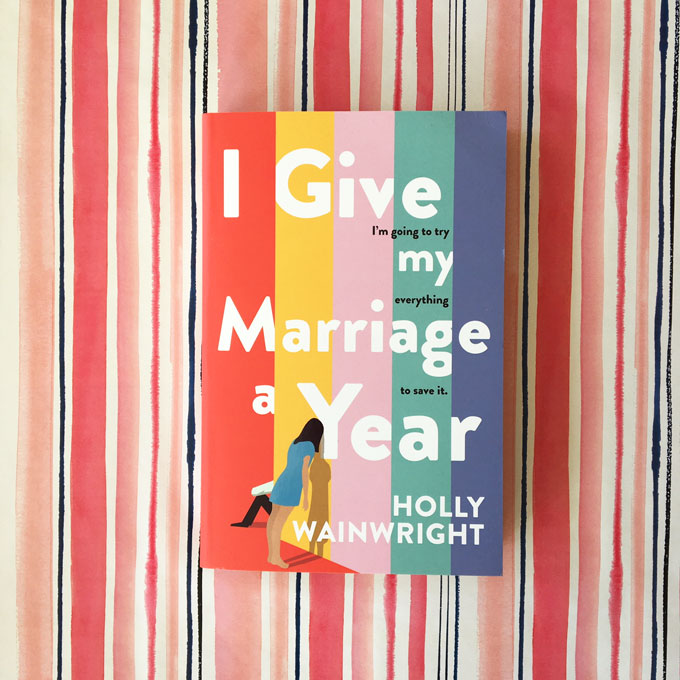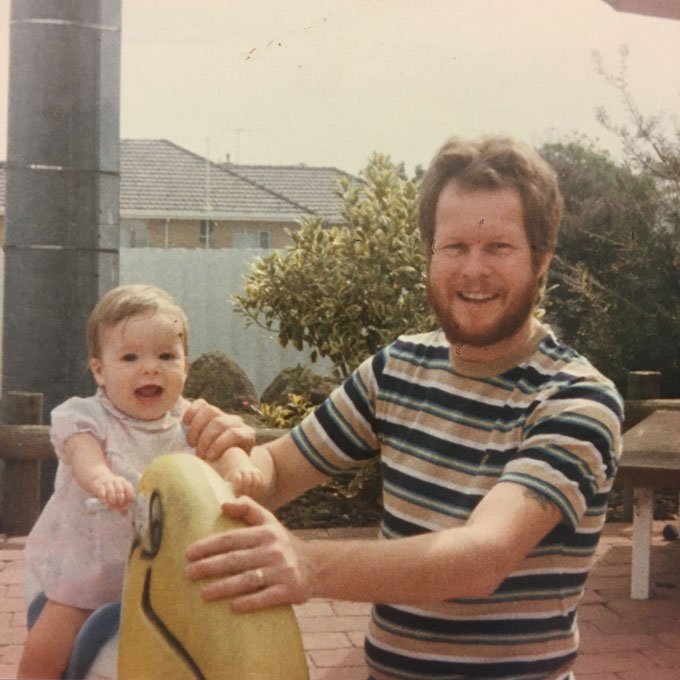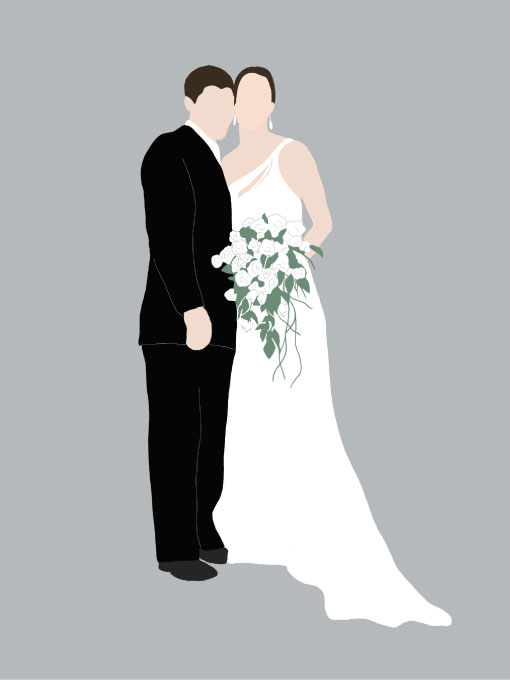I saw this book months ago (between lockdowns), and bought it instantly. I hadn’t heard about it. I didn’t know anything about it. It had me at dictionary. And lost words. And when I got home and actually read...
I saw this book months ago (between lockdowns), and bought it instantly.
I hadn’t heard about it. I didn’t know anything about it. It had me at dictionary. And lost words.
And when I got home and actually read the blurb, it had me all over again. Here is my review.
The Dictionary of Lost Words / Pip Williams
(Affirm Press, 2020)
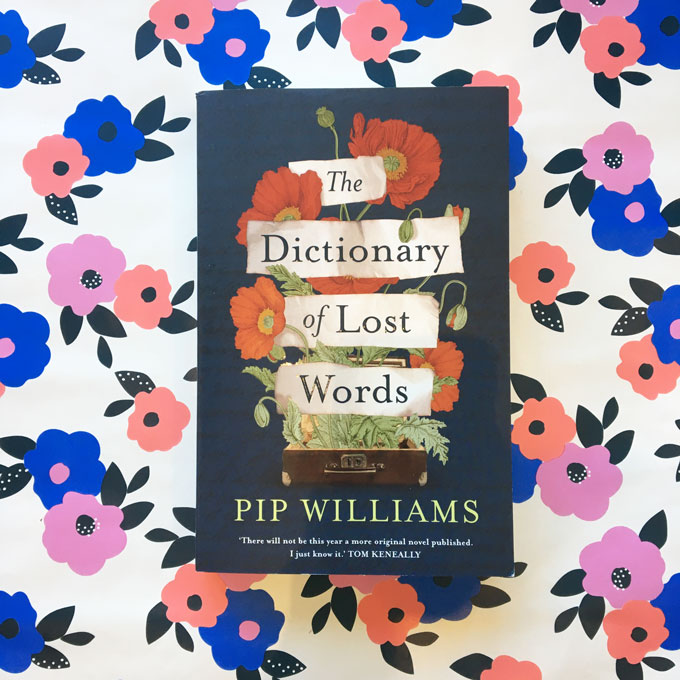
Motherless and irrepressibly curious, Esme spends her childhood in the Scriptorium, a garden shed in Oxford where her father and a team of lexicographers are gathering words for the very first Oxford English Dictionary. Esme’s place is beneath the sorting table, unseen and unheard. One day, she sees a slip containing the word bondmaid flutter to the floor unclaimed. Esme seizes the word and hides it in an old wooden trunk that belongs to her friend, Lizzie, a young servant in the big house. Esme begins to collect other words from the Scriptorium that are misplaced, discarded or have been neglected by the dictionary men. They help her make sense of the world.
Over time, Esme realises that some words are considered more important than others, and that words and meanings relating to women’s experiences often go unrecorded. She begins to collect words for another dictionary: The Dictionary of Lost Words.
This has easily been my favourite read of the year. Possibly decade.
I knew I’d love the content. Just look at that blurb. Words. Lexicography. Language. Feminism. History.
Now, I’ve read The Dictionary of Lost Words twice, and I’m convinced I’d love it and the writing regardless of the topic. It is exquisite. Williams has a writing style that sucks you in and makes you feel, and she has woven real and fictional characters and events together seamlessly.
I especially like the way Williams captures Esme’s young voice. She captures her youth and naivete while remaining true to her curiosity and intelligence. She doesn’t baby her; Esme’s voice develops throughout the book as she does. And the lessons she learns about lexicography, language and definitions sang to my linguistic soul.
As I was reading, there was one moment where I thought one aspect of the book was heading in a particular direction, and I was preemptively disappointed. It felt like a set-up, and I thought, “Oh no, here we go. That trope I hate. Here it comes.” I’m glad to say I was wrong. The trope didn’t eventuate, and I actually admired the outcome of what I now realise wasn’t a set-up at all.
I could not limit my favourite quotes from this book to four or five. So I’ve included four quotes I love about language, and five I love for what they capture (and how they capture it).
Favourite quotes relating to language:
‘Words change over time, you see. The way they look, the way they sound; sometimes even their meaning changes. They have their own history.’ … ‘Our job is to find consensus. We search through books to see how a word is used, then we come up with meanings that make sense of them all. It’s quite scientific, actually.’ ‘I think sometimes the proper words mustn’t be quite right, and so people make new words up, or use old words differently.’ ‘Words are like stories, don’t you think, Mr Sweatman? They change as they are passed from mouth to mouth; their meanings stretch or truncate to fit what needs to be said.’ Some words’ histories stretched so far back that our modern understanding of them was nothing more than an echo of the original, a distortion. I used to think that it was the other way around, that the misshapen words of the past were clumsy drafts of what they would become; that the words formed on our tongues, in our times, were true and complete. But I was realising that, in fact, everything that comes after that first utterance is a corruption.Favourite quotes because *sigh* gorgeous:
When Dr Murray told me it would take a lifetime to compile all the words, I wondered whose.He took a deep breath and the thinking lines between his eyebrows got deeper.It was so clumsy that I had barely enough room in my cheeks to hold all the giggles that wanted to escape.‘All that ruckus the suffragettes make, it isn’t for women like her and me. It’s for ladies with means, and such ladies will always want someone else to scrub their floors and empty their pots.’How reassuring it must be to know how you should act: like having a definition of yourself written clearly in black type.If you know and love words, you should read this book. If you know and love someone who knows and loves words, and wish to better understand them, you should read this book. If you enjoy historical fiction, particularly based around the time of the suffragettes and the First World War, you should read this book. If you adore beautiful writing, you should read this book.
To sum up, you should read this book.
You can order The Dictionary of Lost Words from Booktopia here. It is also available on pre-order from Book Depository here.
Have you read The Dictionary of Lost Words? What did you think?
This is not a sponsored post. I purchased a copy of The Dictionary of Lost Words and chose to review it. All views are my own. Some of the links in this post are affiliate links. If you click to purchase the item, I may earn a little commission, but you won’t pay any extra.



